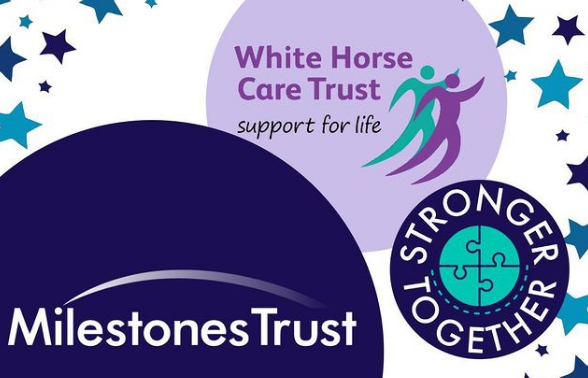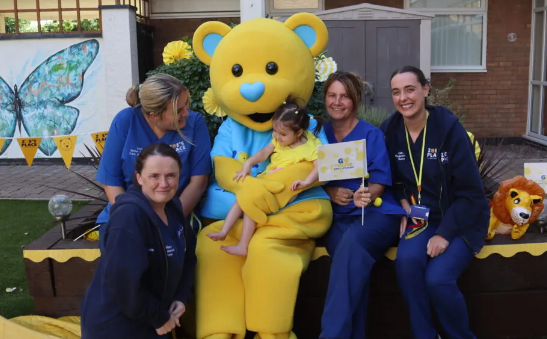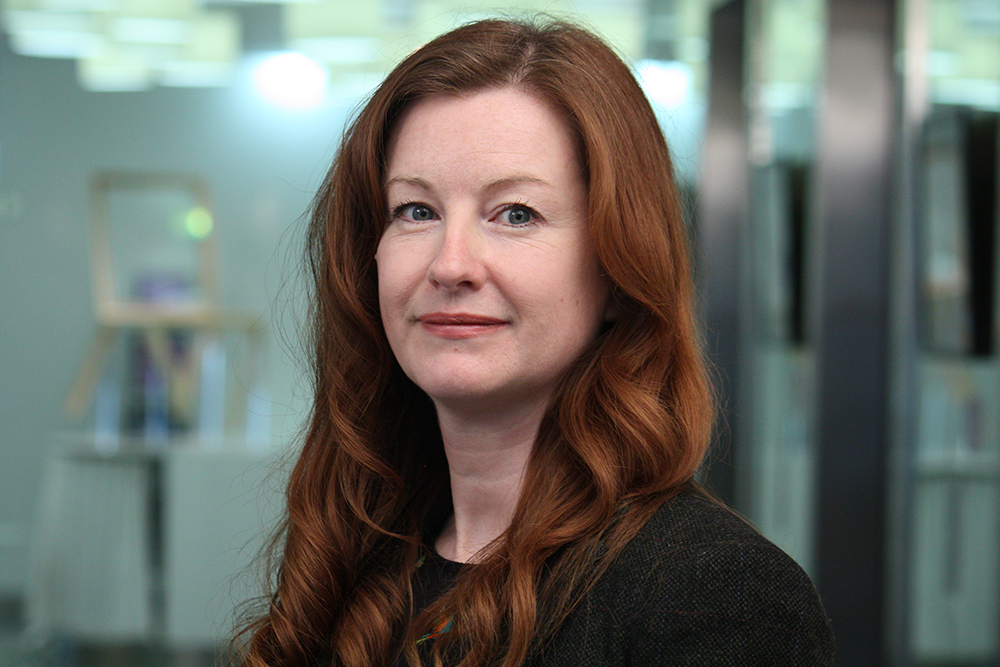Helen Goulden, CEO of the Young Foundation details a week in her life.
__________________________________________________________________
Monday 23 September – Should I be in Liverpool?
Should I have gone to Labour Party Conference? This is the recurring question of Monday morning, as I am plagued by FOMO knowing so many friends and colleagues from The Young Foundation are there. Still, there’s a packed week in London, and much to be done back at our office at Toynbee Hall. The ‘People and Culture Committee’ and ‘Heads and Directors’ meetings early in the week serve to remind me what a talented bunch our team and trustees are; not shy of engaging in difficult conversations and unfailingly supportive and generous folk.
Tuesday 24 September – Fundraising jeopardy and the end of the world
Nothing like a bit of jeopardy on Tuesday when a long-awaited, seven figure, game-changer of a grant looked like it might have been lost. Reassuring an apprehensive team on the one hand, while nervously biting my nails on the other, I confess to cracking a bottle of wine (after 5pm, obviously) when we finally got formal sign off. Anyone running a charity will recognise the extreme highs and lows of fundraising, but it’s unusual to feel both ends of that spectrum in one day! Starmer said “sausages”, my daughter texts me. I am momentarily confused.
The highlight of the week arrives in the form of the ‘Renewable and Resilient Society Summit’ hosted by the Energy Infrastructure Security (EIS) Council. It’s marked in my diary as ‘The End of the World Summit’ and focused on building resilience to catastrophic (or ‘Black Sky’) failure in our infrastructure. Cheery stuff. Yet the opening keynote talked to the need for hope and joy, not doom and despair. A high bar, considering the content of the conference.
I’ve been focused on work related to disaster preparedness a lot this year; specifically, the role of communities and civil society in preparing for and responding to crises. Despite the millions of people who helped neighbours, set up support groups, or redirected efforts towards Covid response during the pandemic, there remains an incredible blind spot as to the value of that effort. My contention is that civil society is the backbone of crisis response and recovery. Without it, we would be in very dark places. I managed to give some of these ideas a public airing on stage today before a man collapsed in the audience - itself a reminder of how a whole community can leap to help someone in need. I do hope he is OK. My main takeaway was that the act of being prepared, of knowing that something can be done in the face of an extreme crisis, is an empowering exercise. That, surprisingly, there is a way of looking at the Black Sky and finding hope.
Wednesday 25 September – ‘Next gen’ philanthropy and difficult conversations
I spent the afternoon at the London School of Economics with a small-but-perfectly-formed group of civil society leaders and philanthropists wrestling with the challenge of ensuring philanthropy can best support civil society. I was struck by the freshness of the debate despite it being so well-rehearsed across the sector in recent years; particularly the progressive stances being taken by ‘next gen’ philanthropists. The conversation also focused on our relative discomfort (as both a sector and a society) in having difficult conversations; the increasing number of subjects that feel off-limits or too contentious to stray into. . There are no shortage of “live rails” to touch when it comes to contentious conversations and people in our country who hold very different views. We talk a lot about polarisation, particularly in the charity sector. That’s why The Young Foundation advocates so strongly for investment into shared community spaces. Places to learn, create, play, hang out and organise in our communities are all opportunties to de-polarise and find common ground. I hope when we’re building those 1.5m new homes under this Government, we build those shared places too. We’ve certainly done enough research to show their necessity.
Thursday 26 September – The road to net zero
After a morning diving into our August accounts, I spent the afternoon at the Nuffield Foundation, chairing a roundtable exploring themes emerging through research for our forthcoming Net Zero Readiness Index. This Index will analyse every place in the country and its relative ‘readiness’ for transition to a net zero economy that benefits people and society. It’s fascinating stuff. We need to rapidly determine how we can transition in ways that do not increase our deep levels of disadvantage, poverty and inequality. Government needs to be as swift and strategic in supporting social strategies as net zero strategies. A member of our team working on our retrofit project shared their concerns about the seemingly overwhelming scale of the change needed for households across the UK. I agree, I said. That’s why we’re doing the work.
Friday 27 September – The tyranny of the inbox
I finally get a chance to turn to my inbox. Not to the easy-to-answer emails - they get done in the moment. But the ones that require time to consider carefully and respond to thoughtfully. I also hold time on Fridays to send a weekly staff update, celebrating successes and sharing plans with colleagues. Always a nice endnote to my working week.
Latest News
-
Volunteer charity treasurer jailed for four years over £285,000 fraud
-
Burglar jailed after targeting children’s hospice charity
-
Mental health charity adopts four-day week permanently following pilot
-
Charity Commission considers complaint from Alan Turing Institute whistleblowers
-
Career Path: How Tracey Hallam went from a childminder to working in a cancer charity
-
Former council boss with HIV to lead Terrence Higgins Trust’s board
Charity Times video Q&A: In conversation with Hilda Hayo, CEO of Dementia UK
Charity Times editor, Lauren Weymouth, is joined by Dementia UK CEO, Hilda Hayo to discuss why the charity receives such high workplace satisfaction results, what a positive working culture looks like and the importance of lived experience among staff. The pair talk about challenges facing the charity, the impact felt by the pandemic and how it's striving to overcome obstacles and continue to be a highly impactful organisation for anybody affected by dementia.
Charity Times Awards 2023
Mitigating risk and reducing claims

The cost-of-living crisis is impacting charities in a number of ways, including the risks they take. Endsleigh Insurance’s* senior risk management consultant Scott Crichton joins Charity Times to discuss the ramifications of prioritising certain types of risk over others, the financial implications risk can have if not managed properly, and tips for charities to help manage those risks.
* Coming soon… Howden, the new name for Endsleigh.
* Coming soon… Howden, the new name for Endsleigh.
Better Society

© 2021 Perspective Publishing Privacy & Cookies











Recent Stories